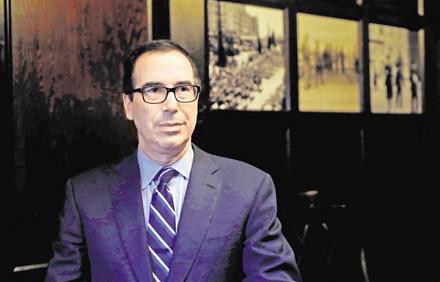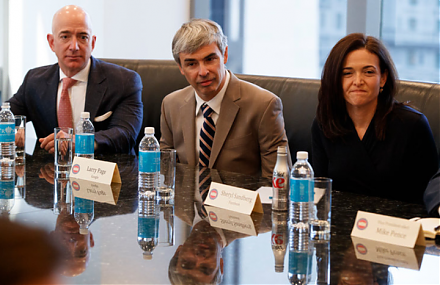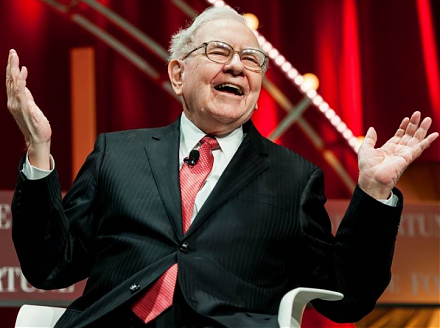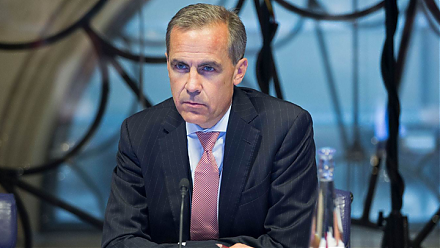

2019-01-25 13:34:00 Fri ET
trust perseverance resilience empathy compassion passion purpose vision mission life metaphors seamless integration critical success factors personal finance entrepreneur inspiration grit
Netflix raises its prices by 13% to 18% for U.S. subscribers. The immediate stock market price soars 6.5% as a result of this upward price adjustment. The baseline subscription now costs $9 (up from $8) per month. The most popular HD standard plan costs $13 (up from $11); and the 4K premium plan costs $16 (up from $14). These price increases take effect for new subscribers and will apply to the current Netflix subscribers in the next quarter. There are good economic reasons for these retail price increases. First, the U.S. aggregate demand for Netflix video streams is inelastic in the sense that price increases can compensate for any potential loss of current subscribers. Due to the low price elasticity of demand for Netflix original content, the same video streams are likely to boost sales and profits with minimal negative impact on the current scale of the Netflix subscriber network.
Second, Netflix requires greater cash inflows to strengthen its financial resilience. Meanwhile, Netflix borrows funds to close the cash-flow gap between regular cash outlays and revenue intakes. The recent price increases can therefore help reverse this financial situation. Historical experiences further support the business case for higher prices in light of the Netflix cash burnout dilemma. Overall, the recent Netflix price increases make much economic sense.
If any of our AYA Analytica financial health memos (FHM), blog posts, ebooks, newsletters, and notifications etc, or any other form of online content curation, involves potential copyright concerns, please feel free to contact us at service@ayafintech.network so that we can remove relevant content in response to any such request within a reasonable time frame.
2019-09-05 09:26:00 Thursday ET

Yale macro economist Stephen Roach draws 3 major conclusions with respect to the Chinese long-run view of the current tech trade conflict with America. Firs
2018-01-12 07:37:00 Friday ET

The Economist delves into the modern perils of tech titans such as Apple, Amazon, Facebook, and Google. These key tech titans often receive plaudits for mak
2018-12-11 10:34:06 Tuesday ET

Several eminent American China-specialists champion the key notion of *strategic engagement* with the Xi administration. From the Hoover Institution at Stan
2018-11-27 10:37:00 Tuesday ET

Warren Buffett offloads a few stocks from the Berkshire Hathaway portfolio in mid-November 2018. The latest S.E.C. report shows that the Oracle of Omaha sol
2020-04-03 09:28:00 Friday ET

The Intel trinity of Robert Noyce, Gordon Moore, and Andy Grove establishes the primary semiconductor tech titan in Silicon Valley. Michael Malone (2014)
2018-01-01 06:30:00 Monday ET

As former chairman of the British Financial Services Authority and former director of the London School of Economics, Howard Davies shares his ingenious ins